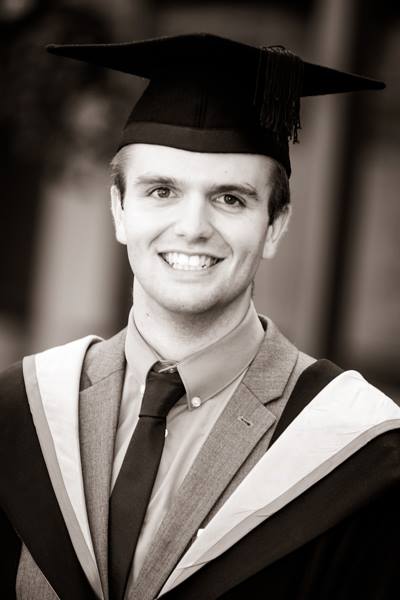In 2013, the ESRC Centre for Corpus Approaches to Social Science was pleased to award its inaugural 1+3 (Masters to PhD) studentship to Robbie Love. Read a bit about the first year of his postgraduate experience, in Robbie’s own words below.
 I am a Research Student at CASS in the first year of a 1+3 PhD studentship. My main role is to investigate methodological issues in the collection of spoken corpora, but I also have interests in corpus-assisted critical discourse analysis.
I am a Research Student at CASS in the first year of a 1+3 PhD studentship. My main role is to investigate methodological issues in the collection of spoken corpora, but I also have interests in corpus-assisted critical discourse analysis.
I grew up in the north east of England in Blyth, Northumberland and Forest Hall in the outskirts of Newcastle. At school I found equal enjoyment in studying both English language and mathematics, but when deciding what to take at university I couldn’t think of something that would satisfy both, so I went with language.
I moved to Lancaster in 2010 to study my BA in English Language, which I soon converted to Linguistics. It was only in my third year that I was introduced to corpus linguistics, and became fascinated with its potential for revealing things about the way we communicate which I would never have predicted. I also liked its combination of quantitative and qualitative analysis, so it seemed like the perfect way to reengage with my enjoyment of maths. I had always been open to the idea of postgraduate study so when the opportunity came up to join CASS under the supervision of Tony McEnery it felt like the best thing for me to do.
Since joining CASS in the summer last year I have worked on several interesting projects including the changing language of gay rights opposition in Parliamentary debates (with Paul Baker), comments on online newspaper articles (with Amanda Potts), and the representation of Muslim people and Islam in the press reaction to the 2013 Woolwich incident (with Tony McEnery). I will be presenting findings on the Woolwich project at the upcoming Young Linguists’ Meeting in Poznań.
When I’m not playing with words on a computer, I am usually found rehearsing for a play or musical, playing my keyboard or eating any and all varieties of hummus.
For our People page for a full list of the centre’s investigators, researchers, and students.
